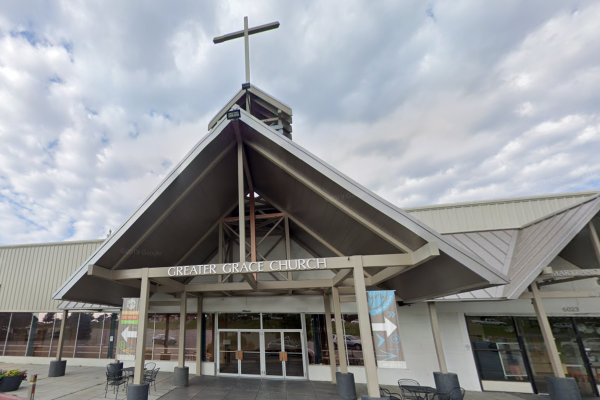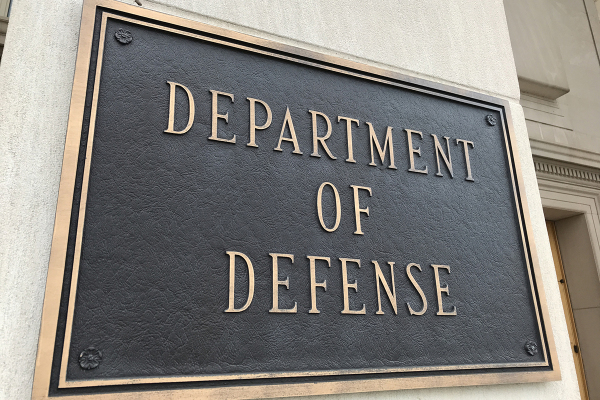Atheist Group Sues Over Clergy Housing Allowance
An atheist organization, claiming government favoritism toward religion, filed a lawsuit Sept. 12 challenging the constitutionality of a federal tax provision allowing ministers to claim a tax exemption on their housing costs.
The Freedom From Religion Foundation, based in Madison, Wis., claims that the IRS code bestows preferential tax benefits to “ministers of the gospel” in violation of the First Amendment’s required separation of church and state.
Many churches allot their ministers a housing allowance as part of their overall compensation package. Opponents of the monetary perk, like FFRF, claim nonbelieving directors should receive the same benefit.
What makes the housing allowance even more offensive to FFRF is that housing payments for ministers preaching the Gospel also are exempt from most states’ income tax. "These and other determinations result in 'excessive entanglements' between church and state," the atheist group contends.
Currently, IRS laws state that ministers, who are paid in tax-free dollars, may deduct their mortgage interest and property tax payments. Moreover, allowances paid to religious leaders are not treated as taxable income.
The law was passed in 1954. In addition to exempting clergy from paying taxes on portions of their income designated as their ministerial housing allowance, it also applies to income used to purchase or rent a home, including furnishings and utilities.
“Because ‘ministers of the gospel’ are singled out as a class to uniquely claim these benefits, the statutes convey a governmental message of endorsement and unconstitutionally favor religious employees and institutions over others,” FFRF’s lawsuit says.
U.S. Treasury Secretary Timothy Geithner and Internal Revenue Service Commissioner Douglas Shulman are named as defendants in the federal suit. FFRF members Dan Barker, Annie Laurie Gaylor and Anne Nicol Gaylor are listed as plaintiffs.
In its legal challenge, FFRF notes all three plaintiffs “receive part of their salaries designated for a housing allowance. Yet they do not qualify for the parish exemption as they are not ‘ministers of the gospel.’”
“One of the plaintiffs claims to be an ordained minister who benefited from housing allowances paid to him by prior church employers but does not qualify now that he is no longer a preaching minister,” Bob Allen wrote in the Baptist Press.
This is not the first time FFRF has filed a lawsuit against ministers receiving the IRS tax break.
In June, the litigious atheist organization filed a voluntary dismissal of a previous lawsuit in a federal district court in Sacramento, Calif.
According to freechurchaccounting.com, it is very beneficial for ministers to have a housing allowance because it is excluded from federal income tax. However, it is not exempt from the minister’s self-employment taxes.
"The minister has the responsibility of tracking actual housing expenses and determining the fair rental value of the housing," the church accounting website states. "The church should never know, and has no right to know, what the minister does with his housing allowance."
John Witte, director of the Center for the Study of Law and Religion at Emory University in Atlanta, told the Wisconsin State Journal that he expects FFRF’s case to gain little traction.
"This is a pretty easy case," Witte said. "I think the Supreme Court has made it clear that tax exemption cases are for the legislature, not for the courts, to decide."
The late Rep. Peter Mack (D-Ill.) authored the 1954 amendment to the IRS code now being challenged by FFRF.
“Certainly,” he said, during debate on the amendment, “ in these times when we are being threatened by a godless and anti-religious world movement we should correct this discrimination against certain ministers of the gospel who are carrying on such a courageous fight against this foe. Certainly this is not too much to do for these people who are caring for our spiritual welfare."
To comment on this story email R. Leigh Coleman at leigh.coleman@christianpost.com.






















